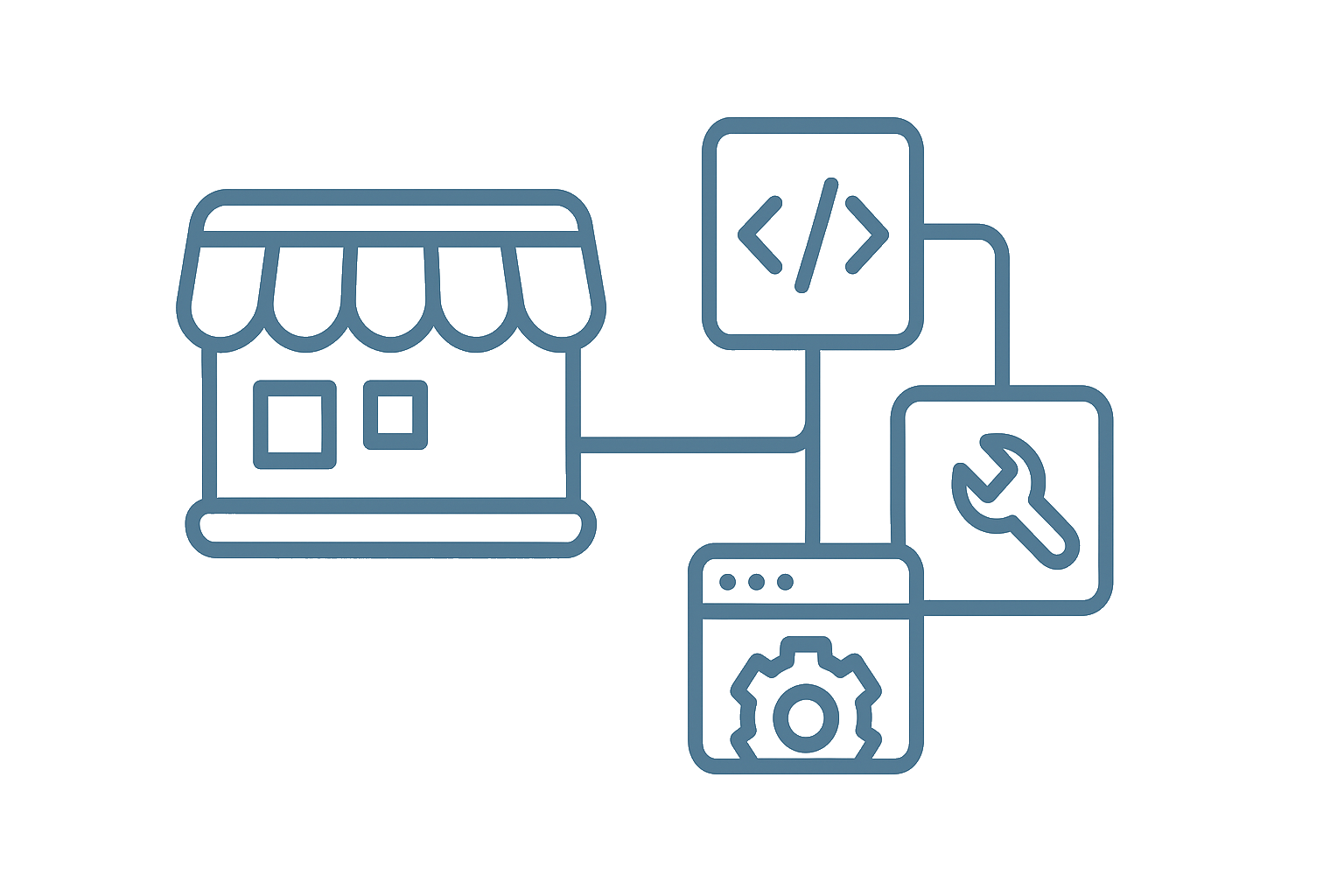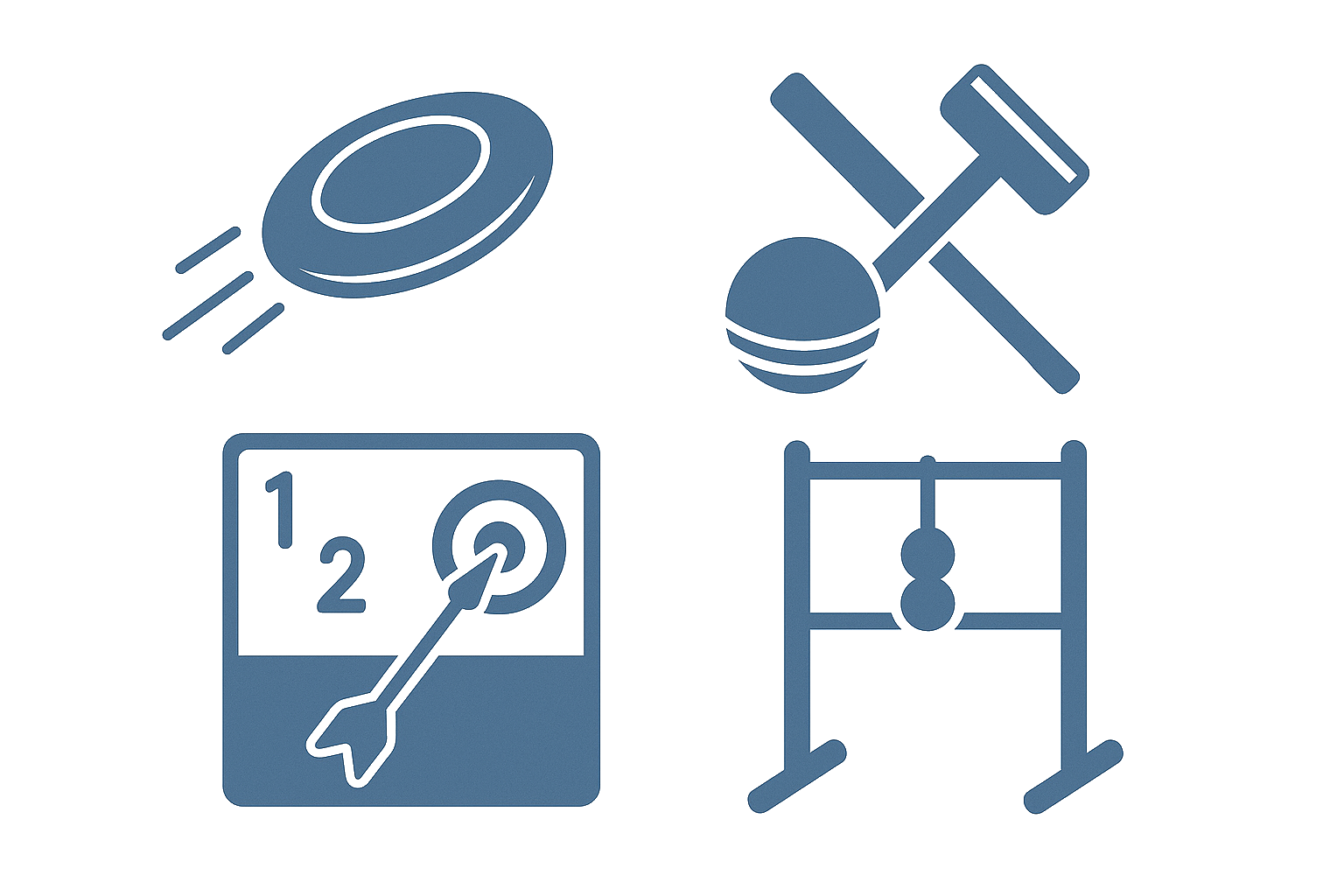🎓 Expertise Snapshot
Education products and EdTech solutions live at the crossroads of creativity, technology, and teaching. Whether it’s a hands-on STEM kit, a gamified learning app, or an adaptive platform that tutors in real-time, these innovations carry immense value not just for students and teachers—but for the businesses behind them.
At Miller IP Law, we help protect the building blocks of knowledge. We understand that in EdTech, protecting intellectual property isn’t just about safeguarding code or physical designs. It’s about ensuring that the time, research, and creativity poured into making learning better actually pay off for the innovator.
🧠 How Our Expertise Makes a Difference
EdTech has unique IP challenges because it blends physical, digital, and creative elements. An app may need patent protection for its underlying algorithms, trademark protection for its brand identity, and copyright protection for lesson content—all at once. Without an integrated IP approach, businesses risk leaving valuable assets exposed.
Our expertise helps innovators spot the hidden value in their work. A STEM toy isn’t just plastic parts—it may contain protectable mechanical designs, teaching methods, and branding. A math-learning app isn’t just code—it’s a bundle of patents, copyrights, and trademarks waiting to be secured. We align IP with business goals so EdTech companies can scale with confidence.
🔒 IP Breakdown: Protecting What Matters
From product designs to software algorithms and branded learning experiences, IP protection ensures your educational innovations stay in your classroom—and out of your competitors’ hands.

🔬 Patents in Educational Products & EdTech
Patents are often the first line of defense for EdTech innovations. A STEM kit may include a novel mechanism that deserves a utility patent. A digital platform may employ a unique adaptive learning algorithm that transforms student engagement—this is patent territory too.
At the same time, design patents can safeguard the look and feel of learning tools, which often become recognizable classroom staples. Securing these rights gives businesses leverage when negotiating partnerships with schools, publishers, and investors, while also creating barriers for competitors looking to copy breakthrough ideas.
🏷️ Trademarks in Educational Products & EdTech
Trademarks are vital in education, where trust and credibility drive adoption. Parents, teachers, and districts often gravitate toward brands they recognize. A well-protected trademark ensures that your platform’s name, your mascot, or even a unique sound in your app remains exclusively yours.
Think of how recognizable logos like BrainPOP’s characters or Duolingo’s owl have become. Strong trademarks don’t just guard your reputation; they turn your product into a trusted household name in classrooms around the world. Without trademark protection, copycats can dilute your message and confuse your users.
📚 Copyrights in Educational Products & EdTech
Copyrights come into play where creativity meets learning. Lesson plans, curriculum guides, app content, animations, videos, and even the code behind a learning platform all qualify. For EdTech businesses, this is often where much of the daily engagement happens—through creative, repeatable experiences.
By securing copyrights, innovators ensure that the hours spent developing stories, activities, and user experiences aren’t simply free content for competitors. A competitor can build their own app, but they can’t legally replicate your exact teaching materials, characters, or narratives once those works are protected.
💡 Real-World Business Examples
Duolingo – The language-learning platform is built on algorithms, content, and branding. Its patents protect underlying learning methods, its owl mascot is trademarked, and its lesson structures are protected by copyright. Together, these IP tools help it dominate the global language-learning market.
Kano – Known for its build-your-own-computer kits, Kano combines hardware patents with strong branding. Their kits allow children to assemble and code their own devices, and their IP portfolio ensures competitors can’t simply replicate the fun, learning-driven approach.
Kahoot! – The interactive quiz platform protects its brand and user interface through IP. Trademarks make Kahoot! instantly recognizable in classrooms, while copyrights secure the quiz designs and educational content that fuel the platform’s success.

🎯 Take the Next Step
Ready to protect your learning innovation? Let’s build an IP strategy that makes the grade.











